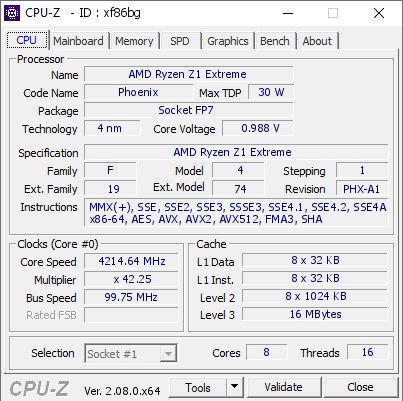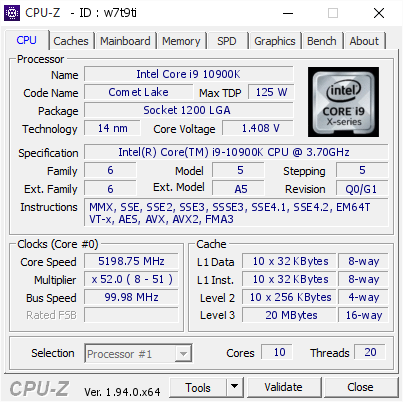Also interesting to see if this does come to fruition, how they will deal with the failure issues on 13th and 14th gen. From what i've read it's mostly to do with the Ring that's deteriorating right?
Hasn't been proven yet what the problem is.
In terms of bus architecture if it was a fairly minor update that is basically what it would look like, talk is it is 2x 6P tiles with internal ring bus and high bandwidth switch but dunno about that.






